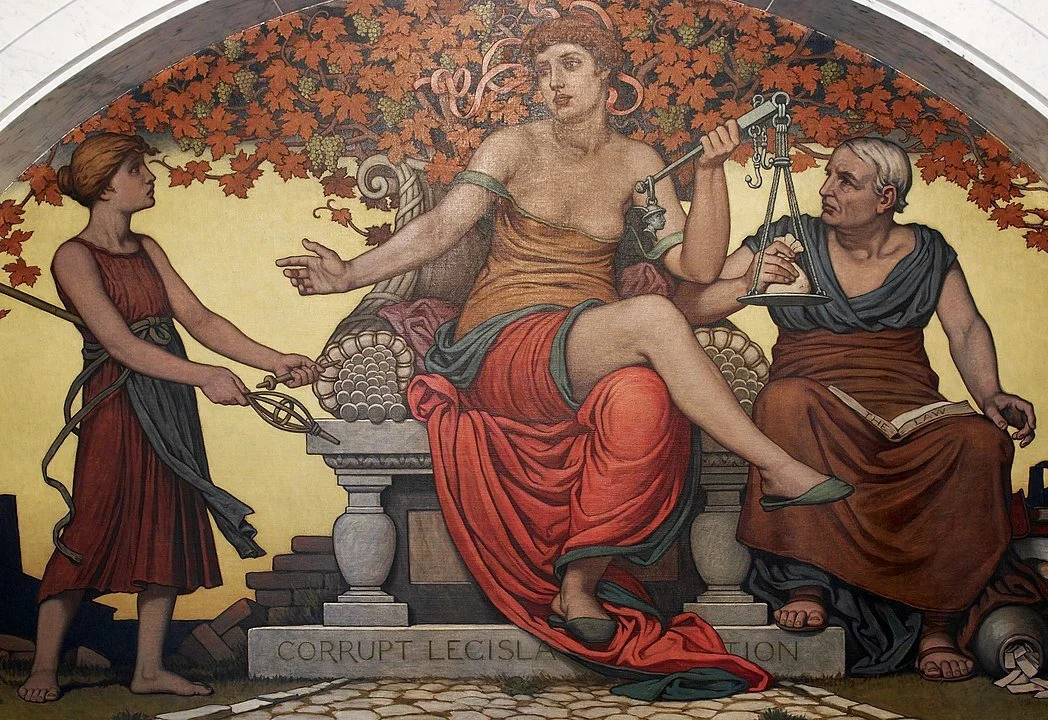![Comments on Recent Cases: October 2021]()
Plaintiffs get to pick who represent them, but a defendant may ask the court to disqualify their lawyer anyway. Ordinarily they do this when there is a conflict of interest, such as when the plaintiff’s lawyer also represents the defendant. But defendants may make this motion in other situations as well.
Read More
![Motions to Disqualify Counsel]()
In some cases, the lawyer herself may be involved in the facts of the case and so have the need to testify as a fact witness. In those cases, she may be prohibited from serving as trial counsel through the “advocate witness rule.” This rule arises from the fear that a juror may believe a lawyer is more credible than a lay witness. This rule, however, ordinarily does not preclude the lawyer from representing her client in matters before the judge because courts are less concerned that judges will put undue credit on the testimony of a lawyer.
Read More
![Expert Reports]()
A professional expert may seem less credible to a judge or jury; after all, their career depends upon providing favorable testimony to whoever pays them. But a professional expert may also be more knowledgeable about how to testify at depositions or at trial, or better able to prepare an expert report. And a professional expert may also be able to provide a list of previous cases in which other judges agreed that her testimony was persuasive, which may convince the next judge that she is reliable.
Read More
![Litigation in Denmark]()
The Danish courts have been overwhelmed with cases the last few years. There is currently a focus on expediting cases concerning violence, weapons and sexual abuse. Thus, the civil cases are scheduled for hearing before a judge 15-24 months after the initial pleading/subpoena.
Read More
![Comments on Recent Cases: September 2021]()
A fraud case often requires an explicit false statement and the plaintiff’s justifiable reliance on the statement. A case based on the failure to disclose the truth, instead of an outright lie, is harder. And a judge may dismiss a fraud claim entirely if the plaintiff knew the truth the whole time.
Read More
![Statutes of Limitation]()
Some people wait a long time before approaching a lawyer with a potential case. When something terrible happens, a long, expensive, exhausting process may not be a person’t priority. But when people do come to a lawyer, no matter how valid their claim may be, it may not be successful if they waited too long. This is because statutes of limitation cause claims to expire.
Read More
![Summary Judgment]()
Many court rules require a party who moves for summary judgment to submit a statement of undisputed facts. An example is Local Rule 56.1 in the Northern District of Illinois. This statement is usually separate from the memorandum of law and contains numbered paragraphs that state each fact that the movant states is not in dispute and therefore does not require a trial. After each statement, the movant should cite evidence to support the claim. And when drafting this statement, the movant should make sure that there is not evidence that disputes the claim.
Read More
![Litigation in England and Wales]()
The law of England & Wales only applies in England & Wales. There is no UK legal system as such. The Scottish legal system is quite different to that of England & Wales and of Northern Ireland, in that it is not based on common law principles, rather it is based on Roman law and is similar to the continental European systems. It has adopted certain aspects of the English system and is now a form of “hybrid” civil/common law system. It also has a split profession.
Read More
![Investigating the Facts]()
Lawyers often supplement the evidence in a case with documents they find online. A first step they often take is using search engines to see if the key people in a lawsuit have written or spoken about the subject. For example, a defendant who denies using racist language may have used similar language on an online message board.
Read More
![Comments on Recent Cases: August 2021]()
In a recent case, New York’s highest court held that the publisher of a book of landlord tenant laws was not deceptive when it published a volume that omitted numerous relevant laws that long predated its publication. The majority held that the book expressly stated that it did not represent its accuracy and the very fact that laws can change means that no one should rely upon it to be perfectly accurate.
Read More
![Litigation in France]()
French courts do not reimburse all of a prevailing party’s legal fees, but the court can award a very high amount (over a hundred thousand Euros) in the commercial court. The reimbursements are less, and mostly symbolic in other courts, like the employment, civil, criminal, and administrative courts.
Read More
![Responding to Interrogatories]()
Getting answers usually involves working with the client and often reviewing source documents to ensure that the answers are correct. This is because a party is often bound by the answers provided in the interrogatories, so it is important that the responses are accurate. Moreover, the client often needs to sign a verification statement, swearing under oath that the statements in the interrogatory responses are true.
Read More











